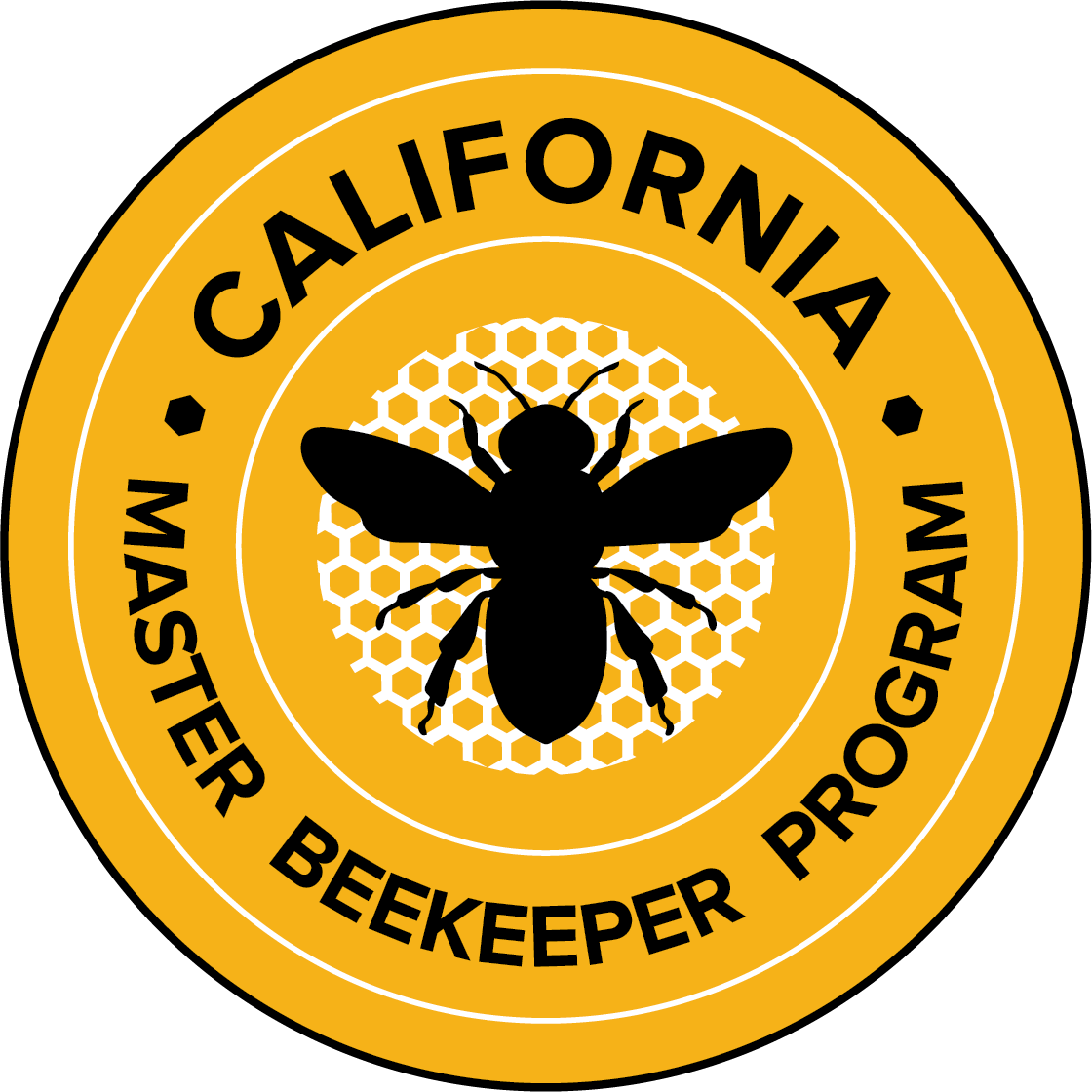Learn foundational honey bee vet knowledge and earn AVMA continuing education credit. This online course reviews how to identify & treat common pests & diseases in accordance with best practices and relevant regulations. It also provides background on basic bee biology and beekeeping techniques and tools. No prior beekeeping experience required for course success.
Course Fee: $45.00
Why take this course?
New regulations and higher stress on colonies are driving a growing need for bee vets and knowledge about them in the beekeeping industry. Beekeepers are increasingly seeking veterinarian expertise to mitigate environmental & biological hazards and prepare for emerging threats. Additionally, the Food & Drug Administration is now requiring beekeepers to obtain antimicrobials through licensed veterinarians to address antibiotic resistance. Whether you are a bee vet, beekeeper, or educator you will learn information to guide your practice.
Logistics and Eligibility
The course is self-paced, fully online, takes approximately 3 hours to complete, and must be completed within 30 days of registration. Content is split into modules that are completed sequentially. Progress is continuously saved and can be resumed at any time. Course completion requires 80% marks or higher on every quiz with multiple attempts allowed. Registration is rolling and course access is granted immediately. Enrollment is open to all.
Continuing Education Credit
This program has been approved for 1.5 hours of continuing education credit in jurisdictions that recognize RACE approval. To learn more about the RACE program please visit the AAVSB website. Pursuing these credits is optional.
Cancellation Policy
Full refunds are permitted before logging in and accessing course materials. No refunds are available after logging in.
Acknowledgements
Course materials are developed by E. L. Niño Bee Lab, Western Institute for Food Safety and Security (WIFSS), UCD School of Veterinary Medicine, UCD Entomology and Nematology, and Oregon State University. Funding provided by USDA Specialty Crop Multi-State Program.





